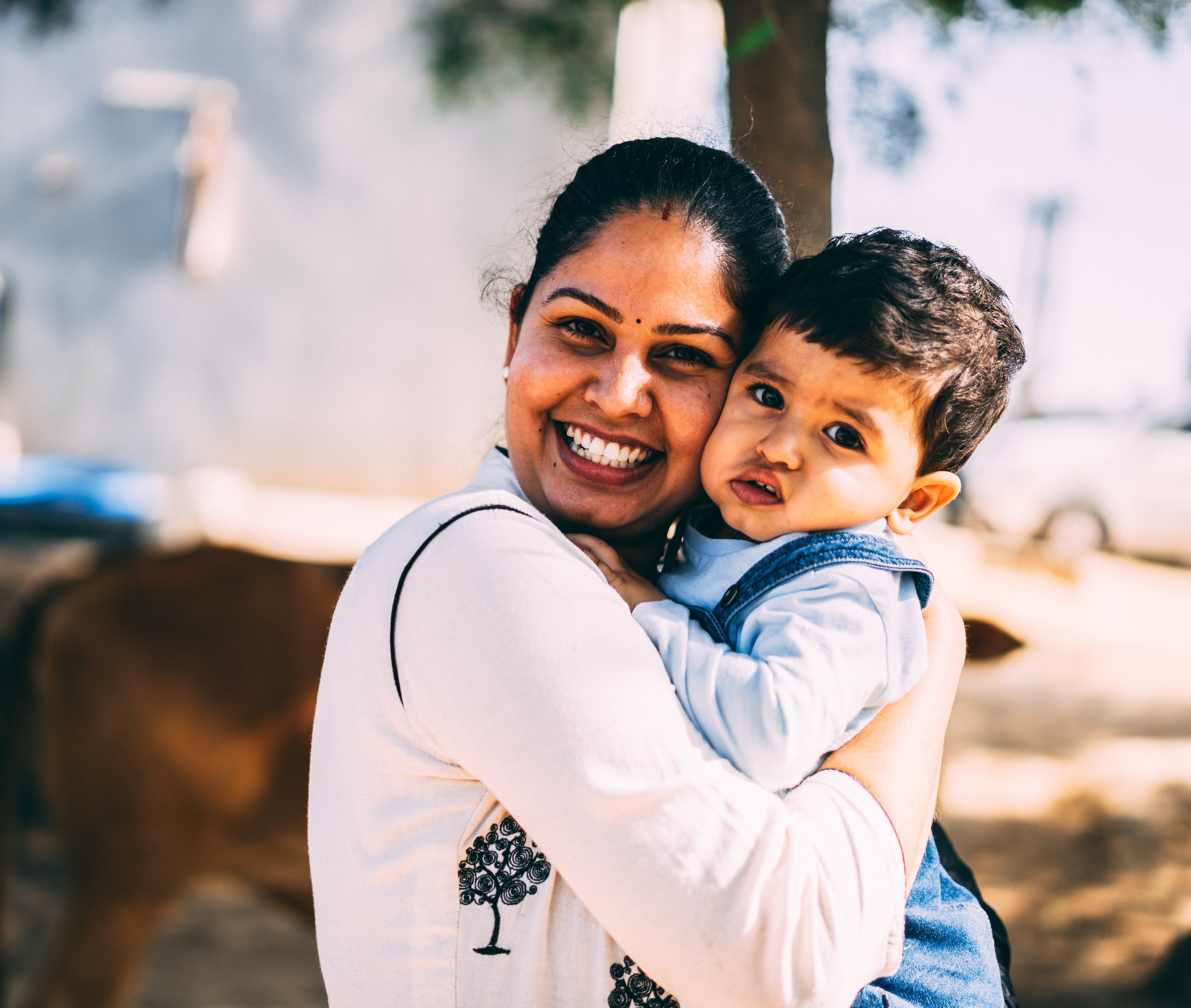Adverse Childhood Experiences
34.8 million children in the US are affected by ACEs
1 Out of 8 Adults Has 4 or More ACEs
Adverse Childhood Experiences are traumatic events that occur during childhood (0-17). They have lasting, negative effects on health, well-being, and opportunity.
The initial CDC study identifies 10 ACEs— which were focused mainly on adversities in the home — and divides them into 3 categories as follows:

There are other types of ACEs that have not been included in the original list, such as racism, discrimination, violence, and bullying. As the ACEs research grows, more are being added to the list to effectively depict the reality of different communities around the world.

An astounding 63.9% of participants reported having 1 or more ACEs. 12.5%, which translates to 1 in 8 participants, reported having 4 or more. This issue is embedded in our society, even if you score a 0, it’s not a “them” issue.
This is everyone’s problem. And here’s why.
As the number of ACEs increases, so does the risk for negative health outcomes, both physical and psychological.
A person with 4 or more ACEs is:
1. 2.4 times more likely to have a stroke
2. 1.9 times more likely to have cancer
3. 12 times more likely to attempt suicide
4. 7 times more likely to be an alcoholic
And the list goes on.
Source: Centers for Disease Control and Prevention, Kaiser Permanente. The ACE Study Survey Data [Unpublished Data]. Atlanta, Georgia: U.S. Department of Health and Human Services, Centers for Disease Control and Prevention; 2016.

An astounding 63.9% of participants reported having 1 or more ACEs. 12.5%, which translates to 1 in 8 participants, reported having 4 or more. This issue is embedded in our society, even if you score a 0, it’s not a “them” issue.
This is everyone’s problem. And here’s why.
As the number of ACEs increases, so does the risk for negative health outcomes, both physical and psychological.
A person with 4 or more ACEs is:
1. 2.4 times more likely to have a stroke
2. 1.9 times more likely to have cancer
3. 12 times more likely to attempt suicide
4. 7 times more likely to be an alcoholic
And the list goes on.
Source: Centers for Disease Control and Prevention, Kaiser Permanente. The ACE Study Survey Data [Unpublished Data]. Atlanta, Georgia: U.S. Department of Health and Human Services, Centers for Disease Control and Prevention; 2016.
According to the Centers for Disease Control & Prevention (CDC), “ACEs are linked to chronic health problems, mental illness, and substance misuse in adulthood.”
The vast majority of people are unaware of what Adverse Childhood Experiences are and how they lead to toxic stress and lifelong problems with health, wellness, and learning.
Pediatrician Nadine Burke Harris— one of the first to link ACEs and toxic stress with harmful effects on health in adulthood— explains the very real, tangible effects of toxic stress in the development of the brain in this TEDTalk. Contact Us Now!
We Empower ACEs is in no way affiliated with Dr. Burke or Ted. You can watch the Talk here.
According to the Centers for Disease Control & Prevention (CDC), “ACEs are linked to chronic health problems, mental illness, and substance misuse in adulthood.”
The vast majority of people are unaware of what Adverse Childhood Experiences are and how they lead to toxic stress and lifelong problems with health, wellness, and learning.
Pediatrician Nadine Burke Harris— one of the first to link ACEs and toxic stress with harmful effects on health in adulthood— explains the very real, tangible effects of toxic stress in the development of the brain in this TEDTalk.
We Empower ACEs is in no way affiliated with Dr. Burke or Ted. You can watch the Talk here.
This video was produced by TEDMED. Watch the Talk at www.ted.com